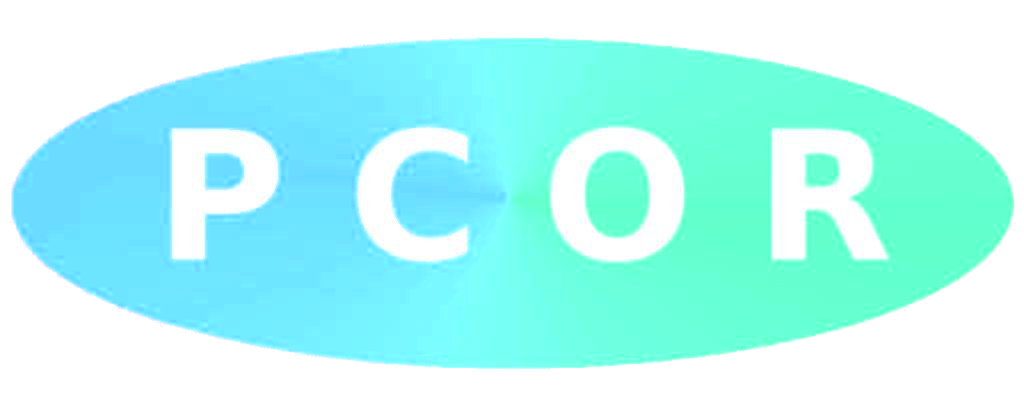Integrating Patient Reported Outcomes into Clinical Practice
Project Start Date: 31st October 2009
Anticipated End Date: 31st October 2010
UKCRN Number: 8075
Aim/ Objective
The primary aim of this feasibility study was to assess the efficacy and limitations of an expressive writing intervention for body image concerns of older women who have received surgery for breast cancer. The effect of the writing intervention on improving self-esteem, body image, and physical health was examined using patient-reported outcome measures (PROMS). The secondary aim of the study was to determine whether individual factors, such as alexithymia and ambivalence over emotional expression moderate any intervention effects.
Recruitment
| Clinic | Advert | |
| Total eligible | 111 | n/a |
| Spoken to | 52 | 16 |
| Consented | 27 | 9 |
| Pending | 17 | 0 |
| Pending→consent | 6 | 0 |
| Declined | 8 | 2 |
| Became ineligible | 7 | 5 |
| Total consented | 33 | 9 |
| Dropped out | 9 | 1 |
Total completed: 32
Intervention: 14
Control: 18
Procedure
Consenting patients were randomised to intervention (expressive writing) or control (factual writing) arms. Both arms completed three twenty minute writing sessions. The intervention arm wrote about their deepest thoughts and concerns about cancer and the impact of their disease and treatment on how they feel about their body. The control arm were given a factual writing task in which they were asked to document how they spent their time the previous day. Alexithymia, ambivalence over emotional expression, physical well-being, and psychological health including self-esteem and body image were documented by patient self-report using validated instruments. Participants were then followed up with patient reported measures and evaluation questionnaires, at two weeks and three months post intervention. An exit interview was conducted at the three month follow up session.
Results
Quantitative
There was a significant interaction (p<.05) between intervention group and time, showing improvement in FACT-B Physical Well Being subscale over time for the intervention group and deterioration in this measure over time for the control group. Body Image Scale scores improved over time (p<.05) but there were no differences between intervention and control groups. Writing feedback showed the intervention group regarded their writing as more emotional, personal, and useful compared to the control group. Higher TAS-20 scores (indicating greater likelihood of Alexithymia) were related to poorer body image and quality of life scores, independent of study group.
Qualitative
Writing Task
Benefits of the writing tasks reported by patients included: catharsis, time out of normal routine, reflection, facilitates discussions and easier to express feelings on paper. Some patients did report concerns about expressing feelings and that they prefer to just ‘get on with things’.
Future Utility
The majority of participants felt that offering expressive writing to patients as a way of dealing with their experiences would be a worthwhile addition to clinical practice and/or supportive services. This was very much with the emphasis on individual patient choice and flexibility, due to the fact that some patients ‘prefer to talk’ and that for some patients dwelling on their experiences will be a way of ‘perpetuating the problem’. Three main issues regarding future utility were the timing of the intervention, whether any feedback or follow up was offered and whether the writing was individual or facilitated in groups.
Future
The research team are currently constructing two articles detailing the findings of this feasibility study.
